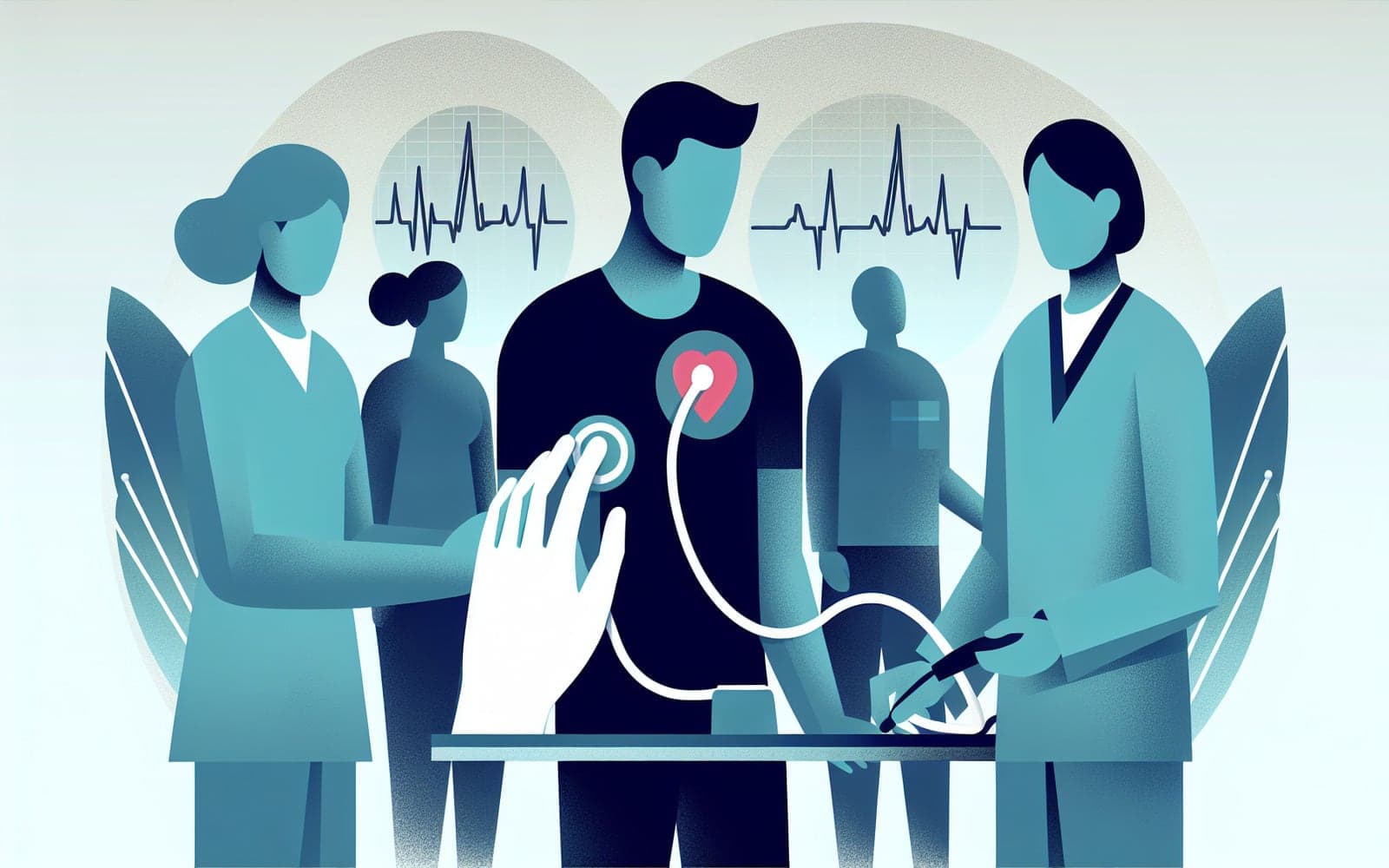How Are Heart Arrhythmias Treated?
Published: Mar 23, 2024

Medically reviewed by Alan Lucks | MD, Alan Lucks MDPC Private Practice - New York on March 23rd, 2024.
When your heart's rhythm is out of tune, it might need a little help to get back in sync. Here's how arrhythmias are treated.
Contents
Medication Management
Antiarrhythmic drugs are often prescribed to help control heart rhythm. These medications can prevent future arrhythmias or reduce symptoms but may also have side effects. It's crucial to work with a specialist who understands these drugs to safely manage their use.
Device-Based Therapies
For some patients, devices like pacemakers or implantable cardioverter-defibrillators (ICDs) are necessary. These devices help regulate the heart's rhythm and can provide life-saving shocks if a dangerous arrhythmia occurs. Device therapy is typically managed by a cardiologist or electrophysiologist.

Lifestyle and Preventive Measures
Lifestyle changes can also play a significant role in managing arrhythmias. Reducing stress, avoiding stimulants like caffeine, and maintaining a heart-healthy diet can be effective strategies. These measures are an essential part of a comprehensive treatment plan.
Frequently Asked Questions
Antiarrhythmic drugs are used to manage and prevent arrhythmias.
Pacemakers help regulate the heart's rhythm and prevent dangerous arrhythmias.
Yes, lifestyle changes like reducing stress and a healthy diet can help manage arrhythmias.
Key Takeaways
Treating arrhythmias involves a mix of medication, devices, and lifestyle adjustments tailored to each individual.
Get started with Doctronic to explore the best treatment approach for your arrhythmia.Related Articles
References
Shen WK, Sheldon RS, Benditt DG, et al. 2017 ACC/AHA/HRS Guideline for the Evaluation and Management of Patients With Syncope.
Zimetbaum PJ, Josephson ME. The evolving role of ambulatory arrhythmia monitoring in general clinical practice.
This article has been reviewed for accuracy by one of the licensed medical doctors working for Doctronic. Always discuss health information with your healthcare provider.

